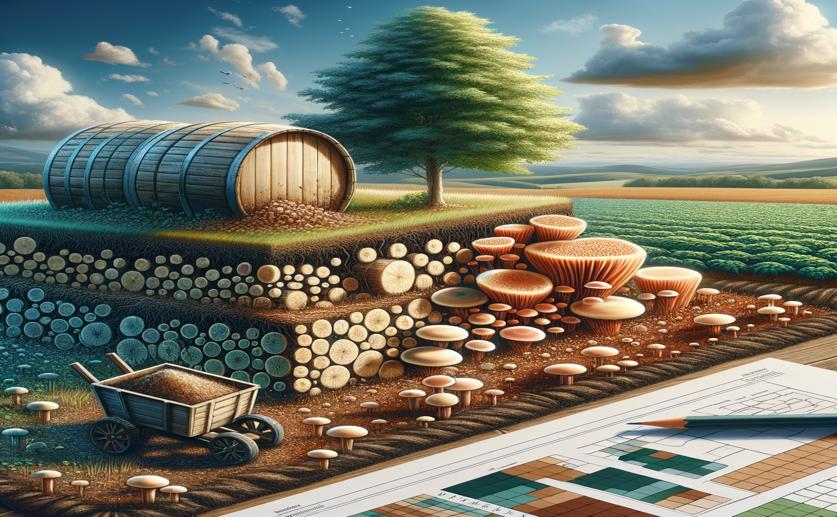
Biochar Attracts Beneficial Soil Fungi in Farmlands
Greg Howard
18th May, 2024

Image Source: Natural Science News, 2024
Key Findings
- The study took place in Alberta, Canada, using quinoa as the host plant to explore the interaction between biochar and arbuscular mycorrhizal fungi (AMF)
- Biochar selectively attracted certain AMF, particularly Paraglomus, which dominated the biochar packets
- The AMF community in biochar was a subset of the broader soil community, with 12 of 18 virtual taxa detected in soil also found in biochar
AgriculturePlant ScienceMycology
References
Main Study
1) Biochar is colonized by select arbuscular mycorrhizal fungi in agricultural soils
Published 17th May, 2024
https://doi.org/10.1007/s00572-024-01149-5
Related Studies
2) Distribution and diversity of Paraglomus spp. in tilled agricultural soils.
3) Contrasting effects of biochar versus manure on soil microbial communities and enzyme activities in an Aridisol.
4) Biochar effects on phosphorus availability in agricultural soils: A meta-analysis.



 13th March, 2024 | Greg Howard
13th March, 2024 | Greg Howard